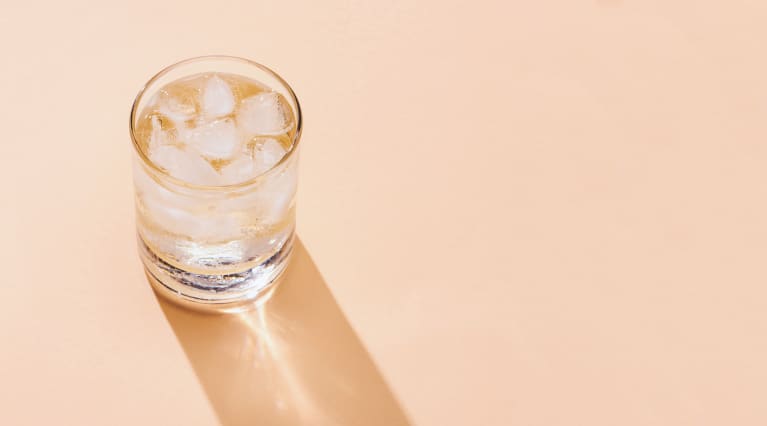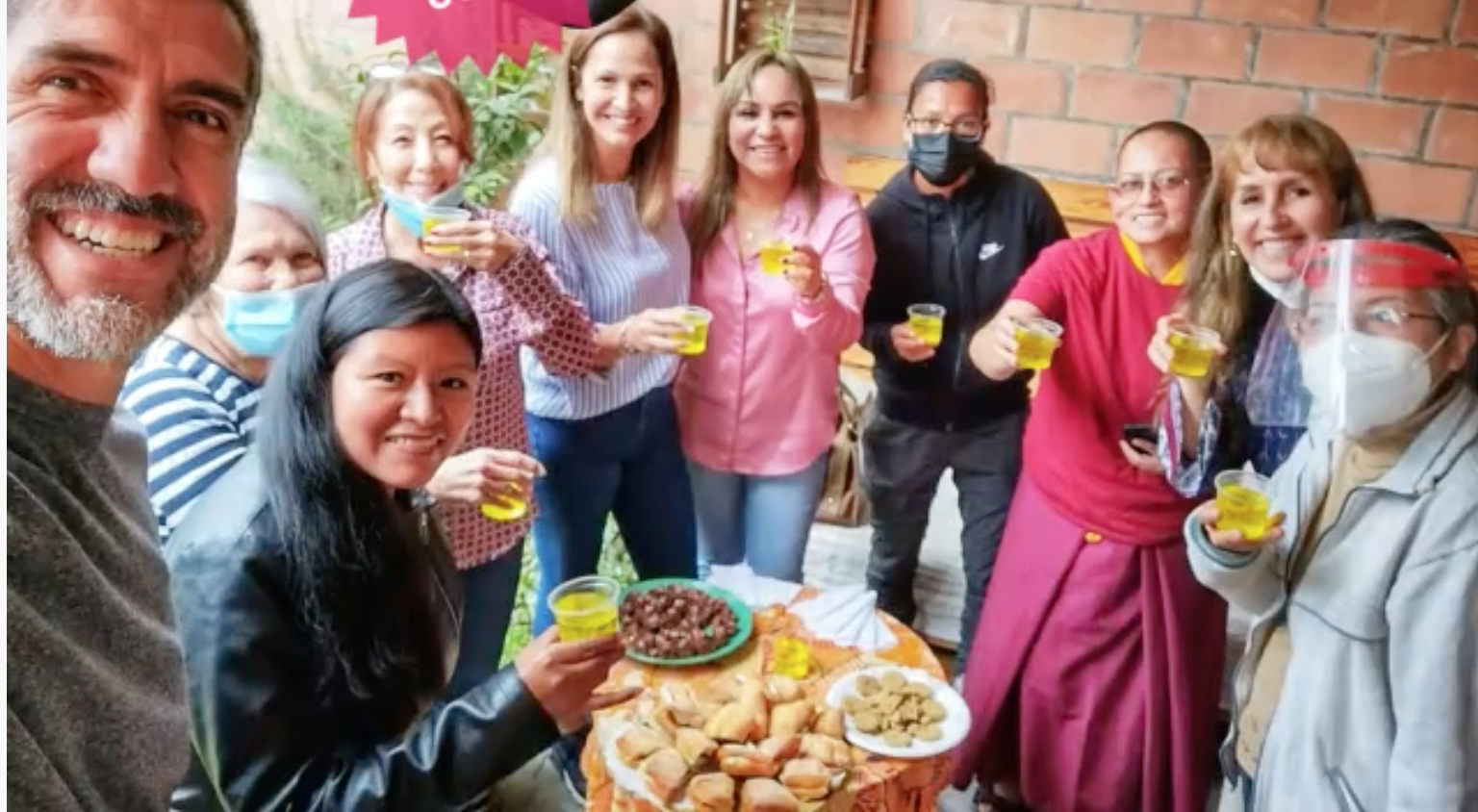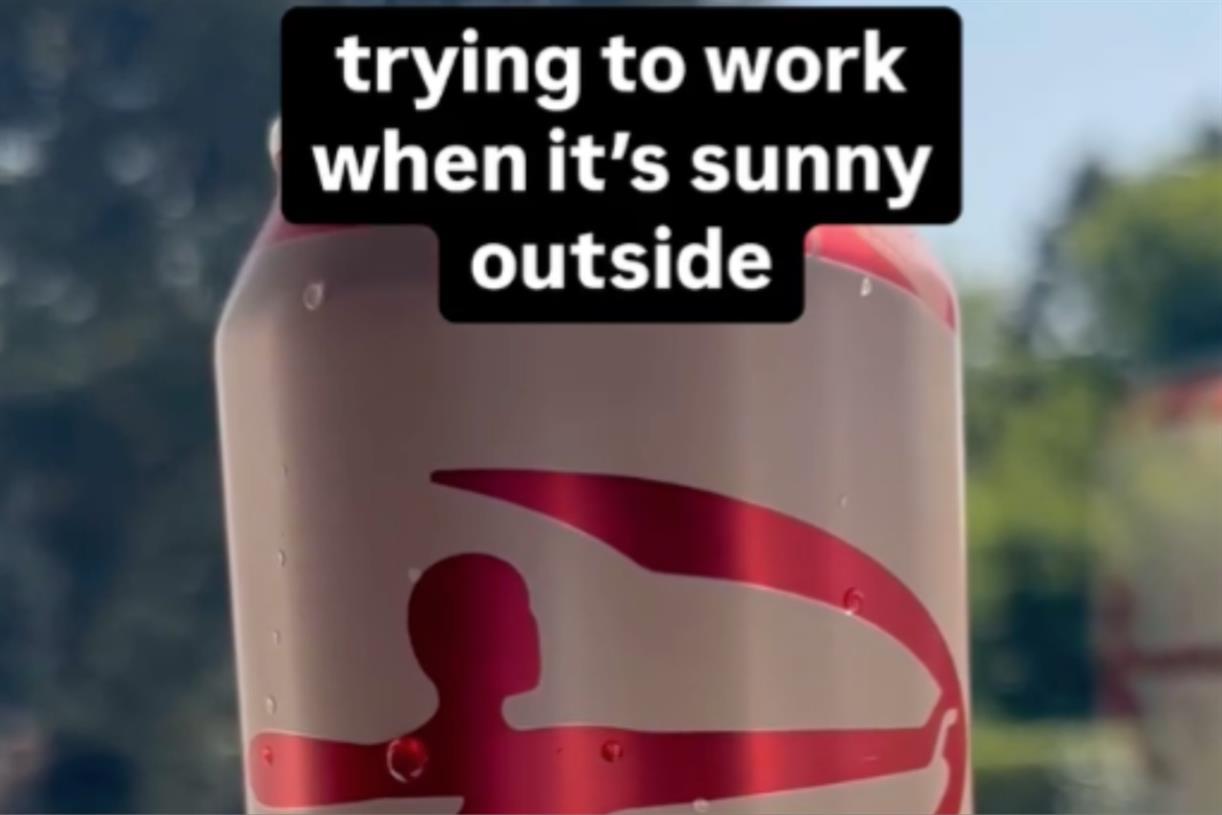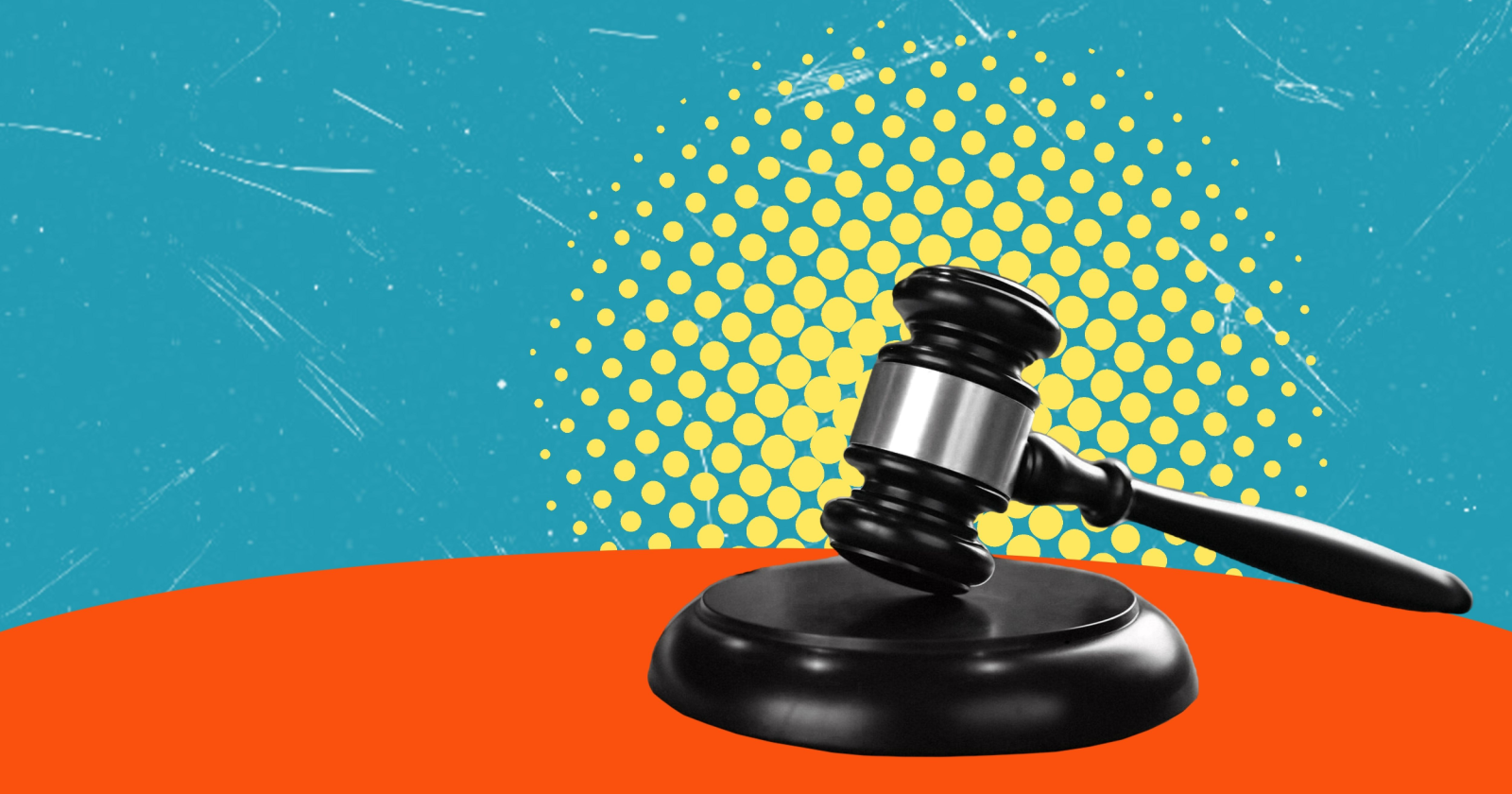It's National Hydration Day! The 6 Best Thirst-Quenching Tips We've Ever Heard
Raise your reusable water bottles and take a celebratory sip.


Our editors have independently chosen the products listed on this page. If you purchase something mentioned in this article, we may earn a small commission.
Happy Hydration Day! Is this a made-up holiday? Maybe. But are we going to welcome the chance to ensure our hydration levels are up to par? You bet.
Different from World Water Day (which raises awareness about the global water crisis), National Hydration Day is all about, well, hydration—namely, the importance of getting enough fluids as we embark on another scorching summer. Considering optimal hydration helps support nearly every bodily function—including immune support, temperature regulation, and natural detoxification through the lymphatic system (or healthy pee)—we could all use the friendly reminder.
In honor of the holiday, we’ve rounded up the best thirst-quenching tips from top doctors and experts.
1. The eight-by-eight rule is a myth.
Somehow the notion that you should drink eight 8-ounce glasses of water each day became gospel. But according to Dana Cohen, M.D., integrative medicine physician and co-author of Quench: "Eight glasses of water a day—it comes from nowhere," she says on the mindbodygreen podcast. Because let's be honest: How can two people with completely different body types, environments, and lifestyles require the same amount of water? "It doesn't make any sense," she adds.
So how much water should you actually be drinking? Well, it's impossible to give everyone the exact same rule of thumb, as diet, environment, and activity levels can affect how much water you need (example: Keto folks or those who simply eat more meat may need to drink more water to match the dehydrating diet). But for some general guidance, Cohen recommends drinking half of your weight in ounces. So, for instance, someone who weighs 150 pounds would want to drink around 75 ounces of water, which is about 9 cups.
However, at the end of the day, it’s important to listen to what your body is trying to tell you. "The only way to know is to live in your body and know what it feels like,” Cohen adds.
2. Hydration is huge for brain health.
In case you needed another reason to meet your daily water quota: Dehydration can affect brain fog. According to neuroscientist and author of Biohack Your Brain Kristen Willeumier, Ph.D., even if you have a 1 to 2% drop in hydration, you can start to have symptoms associated with brain fog, like fatigue, headache, and poor concentration. That’s why, she says on the mindbodygreen podcast, “If I'm going to work with somebody and help them to have a better memory, the first thing I say is: 'How much [water] are you drinking?'"
"[Water is] going to help keep your blood pressure normalized; it's going to help flush out [waste] from your cells; it keeps your cells metabolically active and healthy," Willeumier adds, all of which are important functions for brain health. Another study even showed that when a group of young, healthy women restricted their water intake to no more than 6 ounces in one day, they performed worse on cognitive tests that required visual and working memory; after they drank enough water and repeated the tests, their executive function went back to baseline.
3. You may need to remineralize your water.
If you drink water all day long and still feel dehydration, it’s not you—it may be your water filter. Specifically reverse osmosis filters: These filters are great, as they clean your tap of potentially harmful contaminants and byproducts, but they weed out everything—including healthy minerals and electrolytes.
"If you're drinking all that plain bulk tap water that has nothing in it, you're flushing out electrolytes, not replacing those electrolytes," Cohen says. Without those electrolytes (sodium, potassium, and magnesium, to name a few), you may not feel aptly hydrated throughout the day.
To remedy the situation, she recommends adding a pinch of pink Himalayan salt to your glasses to remineralize your water. "Not every single glass of water, but in a couple of those glasses do a pinch of [salt] with some lemon to replace some other minerals," she adds.
4. Add chia seeds to your water.
Chia seeds may not be high on your list of hydrating foods (cucumbers and watermelon tend to receive much more hype), but Cohen says don’t sleep on these thirst-quenching superstars.
See, when you add water to chia seeds, it forms into a gel—that slime happens when H2O molecules layer upon one another and turns into "structured" or "gel" water. It’s an incredibly hydrating glob, says Cohen: "It is in that form that's found in nature, and it's also in that form that's found within our cells,” she notes.
Chia seeds are also chock-full of fiber—in fact, they can absorb up to 10 to 12 times their weight in water. "The fiber is what really acts as a sponge," Cohen adds. "[Chia seeds can] hold on to that hydration much better than just plain bulk water alone."
5. Or make a green smoothie.
On the subject of fiber, Cohen explains that a fiber-rich green smoothie may be more hydrating than gulping down glasses of water: When she sees dehydrated patients in her practice, she suggests they "add a green smoothie or two a day, and it changes everything." Here’s her go-to recipe for a thirst-quenching blend:
Simply throw all the ingredients into a high-speed blender and whir until smooth. See here for full instructions.
6. Know that you can overhydrate, too.
While this holiday raises awareness about the effects of dehydration, we’d be remiss not to mention overhydration—which is most definitely a thing. "In overhydration an excess of water dilutes the electrolyte concentrations in the blood, causing imbalance throughout the body's many systems," physician Catherine Waldrop, M.D., tells mbg about overhydration. “When the concentration of electrolytes in the blood is too low, it makes nearly all cellular processes less efficient to nearly impossible," she says.
As a result, you can face some pretty intense side effects, like muscle cramping from electrolyte imbalance and, in extreme cases, fatal water intoxication—also known as water toxemia, water poisoning, or hyperhydration.
The bottom line? Make sure you drink enough water, but don’t overdo it. One way to check your baseline is to peek at the color of your pee: Says urologist Vannita Simma-Chiang, M.D., a light yellow is the ideal hue. "If your urine is a really dark yellow, you're probably not drinking enough," she previously told mbg. But if your urine is clear, that's a sign you're drinking way too much. "At that point, your body is just dumping water," she says. It’s not the only sign to look out for, but it’s perhaps one of the easiest.
Hydration is downright crucial for so many functions in the body—so a holiday that encourages optimizing your levels is right up our alley. Happy National Hydration Day: Raise your reusable water bottles and take a celebratory sip.
https://www.mindbodygreen.com/articles/national-hydration-day-tips

 JaneWalter
JaneWalter 
































